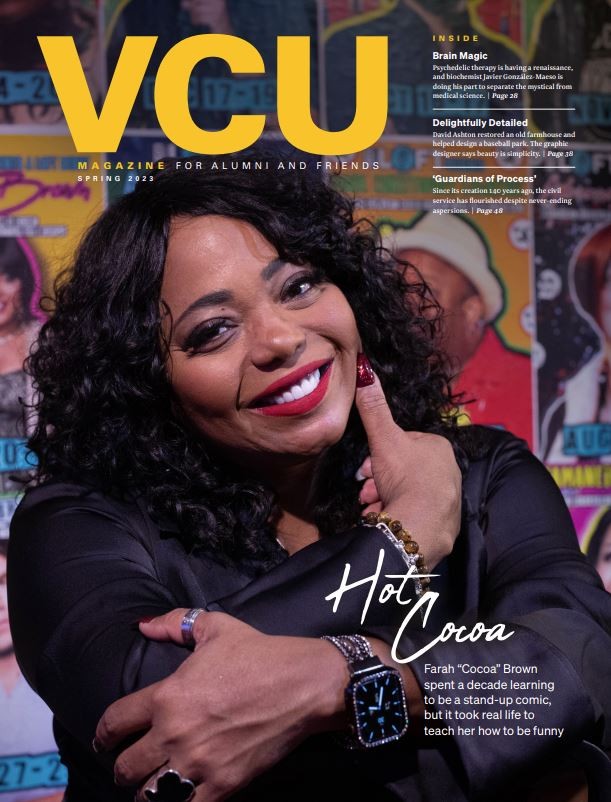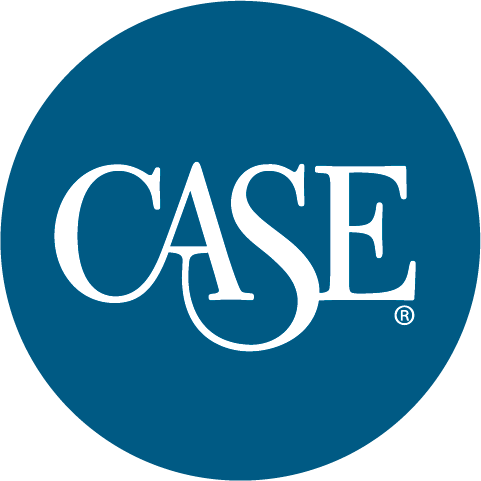Innovative and Groundbreaking: Spotlighting the Circle of Excellence Awards
In June, CASE announced the 2024 Circle of Excellence Award winners.
As the premiere accolades for educational advancement worldwide, the COE Awards celebrate colleges, universities, and schools whose talented staff advanced their institutions with ingenuity and resourcefulness.

“As we mark CASE’s 50th anniversary this year, we are taking time to celebrate our members across the globe,” says Sue Cunningham, CASE President and CEO. “Examples of their remarkable work are evident throughout the Circle of Excellence Awards. We applaud the achievements and innovation of advancement professionals across all sectors and all regions—work in schools, colleges and universities that advances education and thereby transforms lives and society.”
Teams from 600 institutions in 28 countries entered the awards, submitting 4,223 entries. The 93 award categories span all advancement disciplines, including magazines and publications, fundraising campaigns, alumni initiatives, special events, marketing, leadership, video, and more.
Volunteer judges from CASE’s membership selected 486 exemplary entries for bronze, silver, gold, and Grand Gold recognition. Winners are chosen for overall quality, innovation, use of resources, and the impact on the institution or its communities, such as alumni, parents, students, faculty, and staff.
The Top Honor for Magazines
This year’s winner of the highest accolade for magazines, the annual Robert Sibley Magazine of the Year Award, is Virginia Commonwealth University, a public research university in Richmond, Virginia, U.S. Judges praised VCU Magazine for its ability to bring “a fresh feel and energy to its pages that captivates readers. Its use of photography and illustrations throughout keeps you turning each page. The storytelling is top-notch and immerses readers in journalistic reporting that encourages critical thinking through voice-first writing.”
VCU Magazine received five awards in total, including two for writing and one for publication improvement, which recognized the university’s multi-year effort to create the magazine.

We asked the magazine’s Managing Editor James Irwin how it felt to get the news about these awards, especially the Sibley Award.
“It was pretty early that morning and I saw the 2024 awards had posted to the CASE website,” he recalls. “And I just kept refreshing the Sibley page and staring at it. It took a minute or two for things to fully sink in. I even asked my wife to check the website on her computer. Then I called my senior editor to share the news.”
Irwin says his excitement was rooted in gratitude for those that support the magazine, “especially to the university’s leaders, the Office of Development and Alumni Relations, our directors and managers, and the magazine team and our in-house and freelance contributors. VCU Magazine is relatively new. But the idea of creating VCU Magazine has been in the works for years. So to finally be making it, and to see it so well received by our readers and our peers—to be even considered for the Sibley and in the company of the other finalists—yeah, the word that comes to mind is grateful.”
Volunteer Judges Make It Happen
The COE program is a success each year thanks to more than 400 member volunteers who serve on judging teams for awards categories. The teams work collaboratively using a set of rating guidelines provided by CASE to thoughtfully select winners. While judges volunteer their time and expertise to the program, they also tell us they leave the experience with benefits of their own.
“Serving as a COE judge has not only enhanced my skill set but provided a platform to connect with peers globally and give back to an organization dedicated to advancing education worldwide,” says Gracie Herbert, Associate Director of Donor Engagement, Miami University in Oxford, Ohio, U.S. She served as a judge in several categories including Special Events, In-Person and Videos on a Shoestring.
“Serving as a COE judge offers a unique opportunity to observe the outstanding efforts of various peer institutions that are helping to advance their respective missions,” adds Baleigh McCoin, Director, Institutional Advancement, Paris Junior College in Texas, U.S.
“I enjoy the opportunity to compare my work against industry standards and best practices, that then allow me to identify areas for improvement and growth for my own organization. Being a judge also fosters professional connections… It becomes a great networking opportunity,” she says.
Perhaps the most difficult aspect of being a COE judge is determining the winners. Judges consistently tell us they are impressed with the high quality of standards and innovation evident among all entries.
“Much of the work we review is innovative and groundbreaking. Witnessing these advancements and understanding the processes behind them is highly rewarding for a professional in our field,” says McCoin, who was the lead judge for the Special Events, Online Fundraising category. “I appreciate the submissions representing diverse perspectives and encouragement of continuous improvement.”
She says the COE program has become a benchmark for excellence in advancement “by highlighting best practices and innovative approaches.”
“When reviewing the wide array of entries, one thing was clear: that our advancement colleagues across the globe are creating remarkable and innovative projects to capture the heart of their constituents and further the mission of their institutions,” says Herbert.
Look for More Awards Later This Year
Award entries were considered for global recognition and regional or district recognition. CASE will announce the Best of Regions/Districts later in 2024.

Want full access to CASE resources? Get the info and inspiration you need to succeed. Join CASE today.
About the author(s)
Ellen N. Woods is Writer/Editor at CASE.